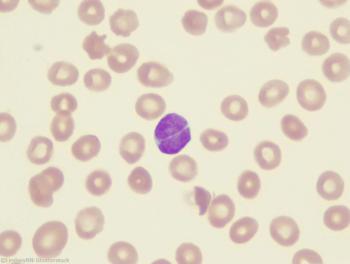
A phase III study looks at the efficacy and safety of rituximab biosimilar CT-P10 in patients with follicular lymphoma.

Your AI-Trained Oncology Knowledge Connection!


A phase III study looks at the efficacy and safety of rituximab biosimilar CT-P10 in patients with follicular lymphoma.

Microsatellite instability and or mismatch repair deficiency found predictive of LS across a broader tumor spectrum than previously thought.

A study looks at the occurrence of treatment-related cardiotoxicity and its impact on pediatric AML patients.
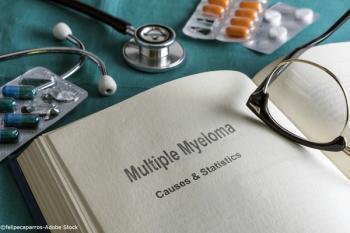
Does patient race play a role in the efficacy of monoclonal antibodies in multiple myeloma?

The ELOQUENT-3 trial looks at how the of addition of elotuzumab to pomalidomide and dexamethasone impacts patient outcomes in multiple myeloma.

A study takes a closer look at colorectal cancer screening incentives among New York State Medicaid managed care patients.

A study looks at how dietary patterns impact colorectal cancer outcomes before and after diagnosis.
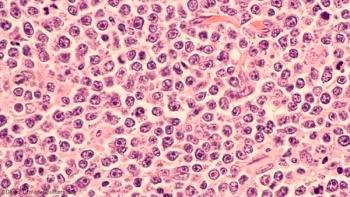
Cancer patients in England will receive a new game-changing therapy treatment under the first negotiated deal of its kind struck in Europe.

The American Academy of Dermatology published new clinical practice guidelines with recommendations for the treatment of primary cutaneous melanoma.
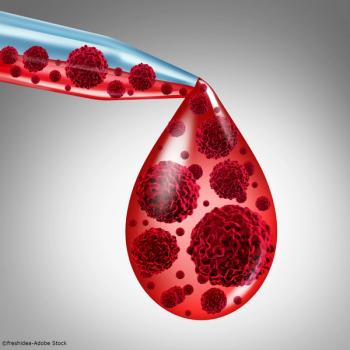
An inflammation marker was associated with several unfavorable characteristics in diffuse large B-cell lymphoma.

A study of more than 350 hospitals found variations in readmission and mortality rates after cancer surgical procedures.
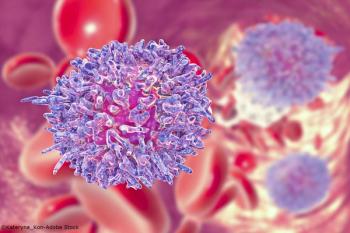
A study shows that lower doses of ibrutinib after a full-dose cycle may be enough for continued biological activity.
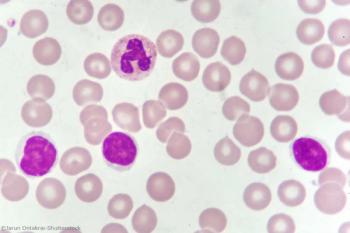
Long-term data from the phase III HELIOS trial indicates ibrutinib plus bendamustine and rituximab improve survival outcomes in CLL patients.

A study shows stage III renal cell carcinoma patients with nodal disease may need to be reclassified.
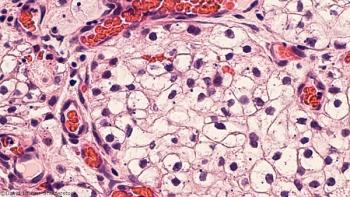
A study shows RCC patients overall response rate did not decline from the first‐line to the fourth‐line of IO therapy.

Evaluating the prognostic value of PET-CT responses after first-line immunochemotherapy in follicular lymphoma.

FDA approves once-weekly carfilzomib/dexamethasone combo for relapsed or refractory multiple myeloma.
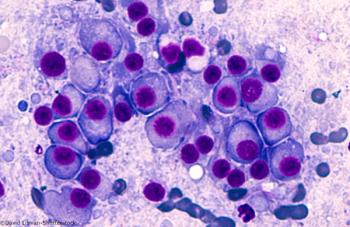
A study shows thalidomide-based treatment carries risk, but could be an option for certain multiple myeloma patients.
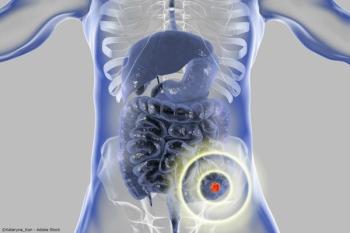
A study of an equal-access military health system shows universal health insurance for both the military and civilian populations could improve CRC screening rates.

A study shows ZEB2 has clinical potential and may improve TNM risk-stratification and guide treatment in colorectal cancer.
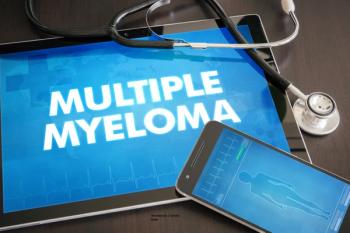
Minimal residual disease negativity measured by next-generation sequencing was a valuable prognostic biomarker for multiple myeloma.
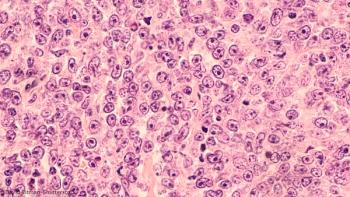
A study shows undergoing treatment for DLBCL at a clinic with more experience was linked with important clinical outcomes.

The percentage of patients with pediatric melanoma is 6-fold to the 28-fold higher when compared with the general population of patients with melanoma.
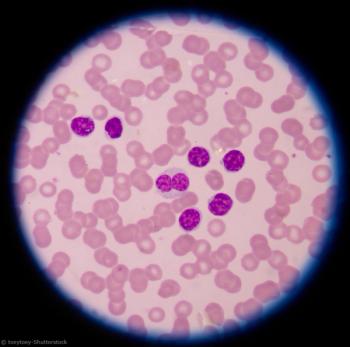
A study shows stress may affect certain cellular, cytokine, and chemokine markers in the body of patients with CLL.
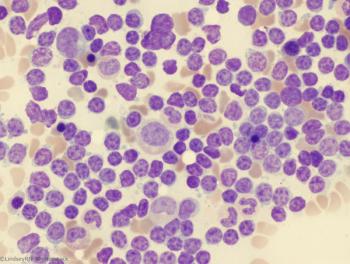
A study shows treatment with ibrutinib is superior to chemoimmunotherapy for patients with chronic treatment-naive CLL.

A radiographic measure may help clinicians distinguish between benign renal oncocytoma and chromophobe renal cell carcinoma.
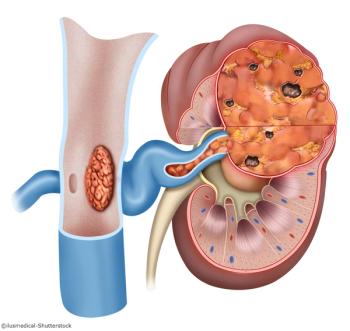
A study shows T1a RCC patients have improved overall survival when receiving partial nephrectomy compared with radical nephrectomy.

Patients with von Hippel-Lindau disease may have a new treatment option in the antiangiogenic therapy pazopanib.
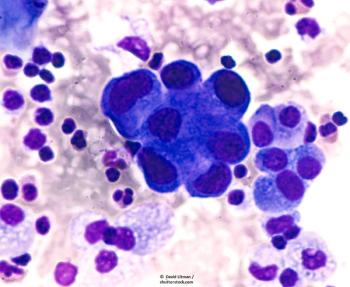
A study shows hyperprogressive disease (HPD) occurred more commonly among patients with pretreated non-small cell lung cancer (NSCLC) receiving PD-1/PD-L1 inhibitors.

A study shows expanding access to care through insurance has the potential to improve outcomes in adults with follicular lymphoma.